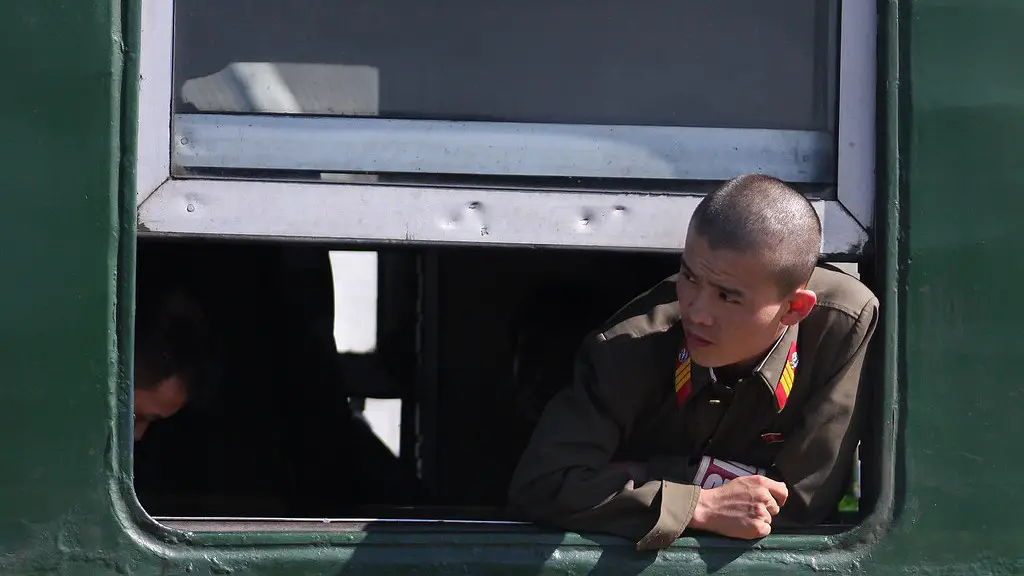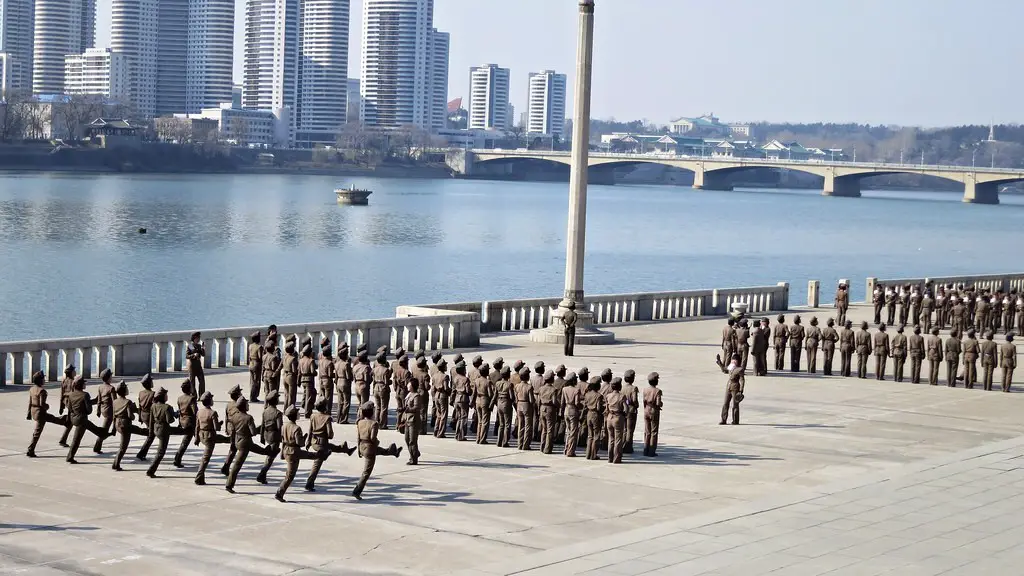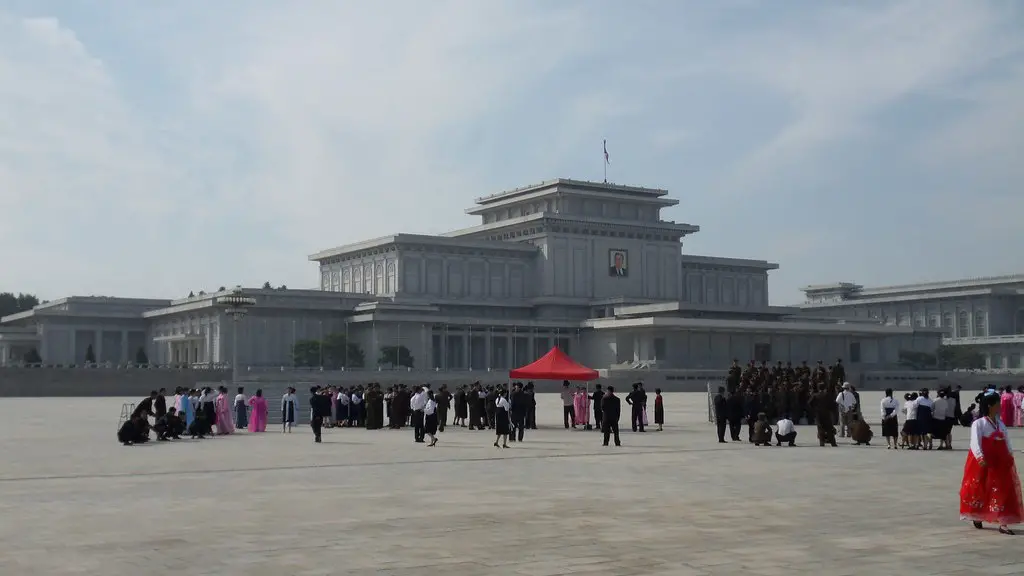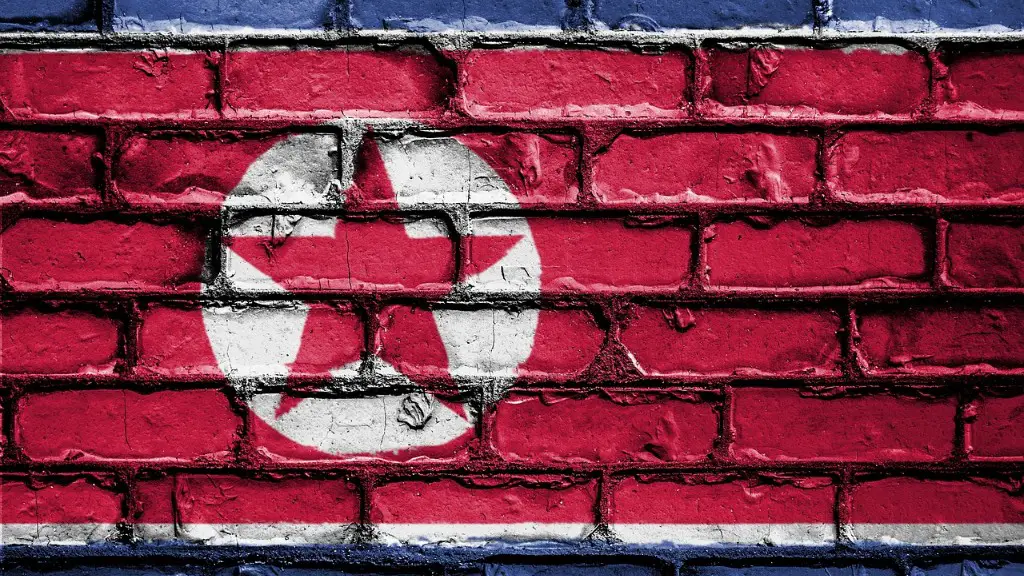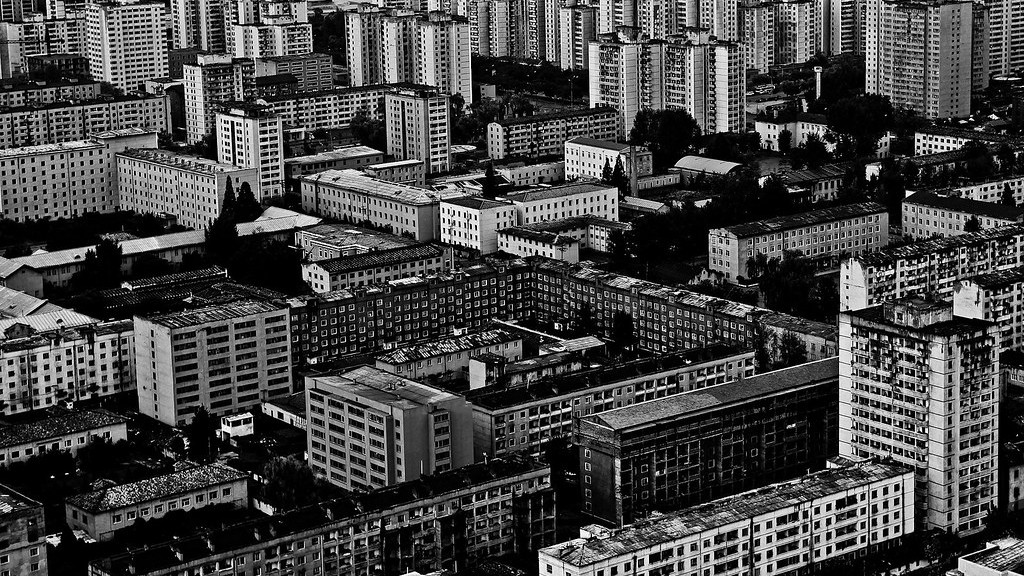North Korea, with its tightly controlled borders, was the last country to report a case of the novel coronavirus, or COVID-19. As other countries were scrambling to contain the virus and implement stringent measures to stifle its spread, North Korea did not seem to take any drastic action – or even publicly acknowledge the threat. Many were skeptical and questioned whether they were getting the real data from the country.
What was initially regarded as a miracle or the result of successful containment quickly became enigmatic – the number of reported cases remained remarkably low despite the country’s relative proximity and travel within other countries.
By July 2020, the total number of reported cases had only reached 36 with zero death, out of a population of more than 25 million. This data was far lower than the officially reported cases from other countries, such as China – which was hit earlier – but also from countries that share borders with North Korea.
Is North Korea really free of COVID-19? What is the real situation there?
Experts have argued that the situation there may not be as rosy as it seems. North Korea is tightly sealed off from the rest of the world, making it difficult to verify the accuracy of the limited information that we have. We also lack reliable information on their healthcare system, which is said to be severely lacking.
We may never get a complete assessment of the situation in North Korea, but we can deduce a few things. First, the country is likely not as insulated from the virus as the data suggests. The country shares borders with China and South Korea, two countries which were early hotspots of the virus. It’s likely that at least some cases of the virus entered the country through these countries.
Secondly, North Korea’s efforts to contain any outbreak are likely limited. With a weak healthcare system and a lack of resources and medicines, the authorities may have had to rely on measures such as quarantine and social distancing rather than treatments for those infected.
Testing Facilities
It is widely assumed that North Korea lacks access to the equipment needed to identify and diagnose the virus. However, this is not true. The country’s official news agency has reported it has the testing kits to detect COVID-19 and monitor its spread.
This seems to suggest that North Korea is heavily reliant on testing, rather than treatments, to contain the virus. This may be excessive, given that North Korea lacks the capacity to deal with an actual surge in cases. Although testing can help detect and treat cases, it is only helpful if individuals have access to proper medical care, which North Korea does not have.
It is possible that the North Korean government is downplaying the severity of the pandemic in an effort to keep the people’s morale up. This is consistent with its previous Covid-related announcements, which have all been worded in a positive and optimistic manner.
Additionally, the North Korean government may be deliberately omitting or suppressing information on cases in the country due to concerns over its own image and the outside world’s perception of it.
Reliable Data
The lack of reliable data on North Korea’s COVID-19 situation has led to various speculations, some of which have been proven false. For instance, some said that North Korea did not suffer from the disease at all.
While this may sound convincing at first glance, it was quickly debunked. North Korean leader Kim Jong-un not only acknowledged the pandemic but also specifically warned the public about the danger of overseas people bringing in the virus.
So the country has seen at least some cases and knows the potential risks of the virus. But we can’t tell for sure what is happening in the country, as the North Korean government does not allow outsiders access to its medical records.
This also raises the question of how North Korea is monitoring its own population, as mass testing and contact tracing could prove difficult without access to external aid. This could pose a problem if the situation worsens and the government decides to impose lockdowns similar to those seen in other countries.
Public Reactions
Despite the lack of reliable information, some North Korean citizens have begun to take precautionary measures against the virus. For example, some have been reported to wear masks and try to limit their contact with both citizens and foreigners.
Certain North Korean citizens are also said to purchase parts from China to build ventilators, attempt to purchase medical equipment, and engage in bartering of food and other necessities. These actions do not indicate a lack of knowledge of COVID-19, but rather an active effort to prepare for any potential problems.
The limited data that we have suggests that North Koreans, despite their strict government regulations, are not ignorant of the virus and are taking their own steps to protect themselves. However, it remains impossible to get a real sense of how much of an effort the government itself has put in to mitigate the spread of the virus.
International Aid
The North Korean government’s reluctance to publicize information and accept external aid has resulted in the country’s dire medical situation. It’s clear that North Korea needs external help in order to effectively deal with the pandemic.
The country’s lack of medical resources and weak healthcare system means that even if the country does not have any reported cases, any outbreak would be devastating. Aid from the United Nations and other international organizations would be essential to prevent this from occurring.
At the same time, some believe that North Korea should try to find ways to mitigate the pandemic autonomously, as any external aid would result in a loss of independence and further emphasize the country’s dependence on the outside world. This is a valid point, but given the current situation and the lack of resources, it may not be feasible.
Despite the lack of reliable information, it is clear that North Korea is particularly vulnerable to the fallout of the COVID-19 pandemic. It is not known how the government will attempt to tackle the virus, but it is hoped that any effort closely follows the scientific guidance and that international assistance can be quickly provided in the event of an outbreak.
Effects on the Economy
The ramifications of the pandemic are not limited to the health sector. It is also having a major impact on North Korea’s already fragile economy. North Korea’s economy was already suffering from years of mismanagement and international sanctions, and the pandemic has exacerbated the situation.
The country is losing much-needed revenue from tourist visits and the export of resources such as coal, as well as incomes from North Koreans working in China. These losses have made it difficult for the government to support its citizens and pay for essential services such as healthcare.
North Korea has also been unable to benefit from the various economic stimulus packages used by other countries. This is due to the lack of infrastructure in the country and the general lack of information on the situation. Without accurate data and reliable evidence, it would be difficult to understand how best to use the assistance.
It is clear that the pandemic is having a severe impact on North Korea’s economy. It is difficult to predict how this will affect the country in the long run, but it is likely to be devastating.
Social Distancing
Social distancing has become key to slowing the spread of the virus, but North Korea has not been able to fully implement such measures due to the country’s poverty and lack of access to technology. Since there is no internet access, most North Koreans have limited information about the pandemic, making it difficult for them to understand the need for social distancing.
North Korea’s government has also been reluctant to put in place strict measures, as it fears that these could lead to unrest and public dissatisfaction. This is an understandable concern, given that the economy is already in poor shape, and the implementation of strict lockdowns could make it even worse.
However, the authorities have adopted some measures. All schools and universities have been closed since March, and all public events as well as large gatherings have been banned. Some local governments have also imposed their own restrictions, with provincial governors of Pyongyang, South Pyongan and Chagang reportedly ordering their citizens to stay at home and not engage in unnecessary travel.
These measures are unlikely to be strong enough to contain the virus if an outbreak were to occur, and North Korea will need to increase its efforts if it is to have any chance of preventing an outbreak.
